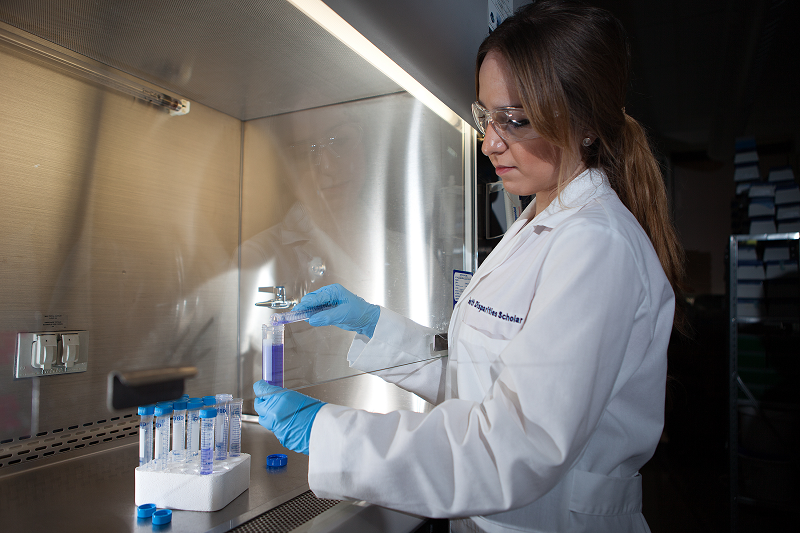Document Type
Article
Publication Date
2021
Abstract
Worldwide, about 270 million people are diagnosed with malaria annually and about a million deaths occur from this disease mostly in children and pregnant women in Africa. Despite enormous effort and resources directed towards malaria control and eradication, problems of resistance to chloroquine by the malaria parasite and resistance to insecticide by the mosquito vector have only contributed to worsening of the spread of the disease. These problems have led to the search for alternate and efficacious mode of treatments with one being vaccine. Previously, sporozoites isolated from mosquitoes exposed to 12,000 rads of radiation from a 137Cesium source and injected into mice in laboratory studies were determine to invade hepatocytes where their development became arrested at the trophozoite stage, causing them to confer protection against subsequent challenge with live sporozoites. However, attempts to expand these studies in field trials on susceptible human in malaria endemic areas has been complicated by the problem of a need for large colonies of mosquitoes that can deploy the whole parasite-based vaccine. To circumvent this obstacle, peptide vaccines were developed. Unfortunately, only a few of the antigenic determinant on the surface of sporozoites were developed as peptide vaccines leading to an efficacy that is inferior to that of the whole parasite-based vaccine. Hence, to improve on the efficacy of the peptide vaccine, in this study, axenically-derived cultures of P. yoelii EEFs that were incubated as irradiation-attenuated sporozoites and as nonirradiated sporozoites were subjected to two rounds of suppression subtractive hybridization (SSH) along with dot blot analyses and southern blot (RT-PCR) to generate differentially expressed cDNA library clones from which peptide antigens will be identified for use in a multi subunit vaccine.
Recommended Citation
Ndeta, G. A., & Porter-Kelly, J. M. (2021). Molecular basis of arrested liver stage development of the gamma irradiated Plasmodium yoelii sporozoite. Journal of Parasitology and Vector Biology, 13(1), 10–24. https://doi.org/10.5897/JPVB2020.0399
Creative Commons License

This work is licensed under a Creative Commons Attribution 4.0 International License.
Publication Title
Journal of Parasitology and Vector Biology
DOI
10.5897/JPVB2020.0399



Comments
©2021 Author(s)